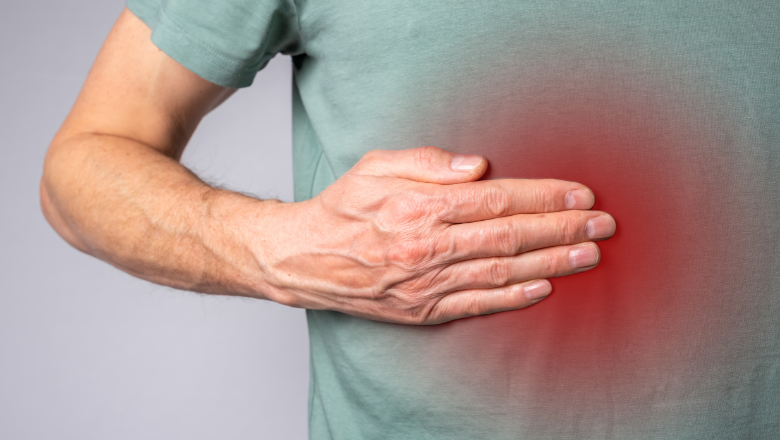We believe that this approach will offer a treatment option for liver fibrosis of multiple types in a drug-free manner. It will also overcome the limitation of donor shortages for liver transplantation.”
Khuloud Al-Jamal, Professor of Drug Delivery & Nanomedicine
27 February 2024
New stem cell-based therapy could treat liver fibrosis
The new study demonstrates how mesenchymal stem cells can protect against, and reverse the damage from, liver fibrosis.

A new study shows how mesenchymal stem cells (MSCs) can be used to reverse the scarring damage from liver fibrosis, thanks to new modifications from Professor Khuloud Al-Jamal and her laboratory.
Liver fibrosis is a condition where the liver becomes scarred due to long term damage of its cells, meaning it no longer functions. It is responsible for 3.5% of deaths globally and is a leading cause of premature death in the UK, with a 47% increase in cases within the last decade.
Currently, late-stage fibrosis can only be treated with transplants, which have a range of issues. Shortage of liver donations can delay much-needed procedures, and the surgery itself can be very costly for healthcare providers. These obstacles have led to a great interest in developing new therapeutic approaches to help treat liver fibrosis.
A new study, led by Professor Khuloud Al-Jamal and published in Nature Nanotechnology, builds on research in Hepatic Stellate Cells (HSCs), which are found in the liver. Researchers have focused on these cells as they grow and transform when the liver experiences inflammation, contributing to fibrosis.
The paper looks at a modified version of mesenchymal stem cells (MSCs) that are already known to carry anti-HSCs molecules in cellular pockets (called extracellular vesicles) that, when released, can combat inflammation and liver fibrosis.
The authors modified the MSCs to protect them from being destroyed by the patient’s immune system. They coated the cells in albumin sponge – a protein that protects molecules in the bloodstream. The albumin ensures that the cellular pockets can evade attacks from the immune system and enter the inside of the HSCs.
Professor Al-Jamal said: “Working with a team of great and enthusiastic scientific and industrial collaborators has enabled us to bring this platform to another level. Revadee-Liam Or (a King’s PGR International PhD Scholarship Awardee) led this work on an easy method to alter protein corona coating of extracellular vesicles in mesenchymal stem cells.”
Results showed that their modified MSCs performed better than the conventional version when tested in a liver fibrosis disease model. Not only did they reduce inflammation and tissue scarring in the liver by deactivating HSCs, but they also activated the regeneration of liver cells.
All of this suggests that it could be a very effective treatment that doesn’t just stop liver fibrosis, but also helps repair its damage in the liver. As albumin sponge HSCs are easy to manufacture, it would also be very cost-effective approach that could provide faster treatment for patients.


